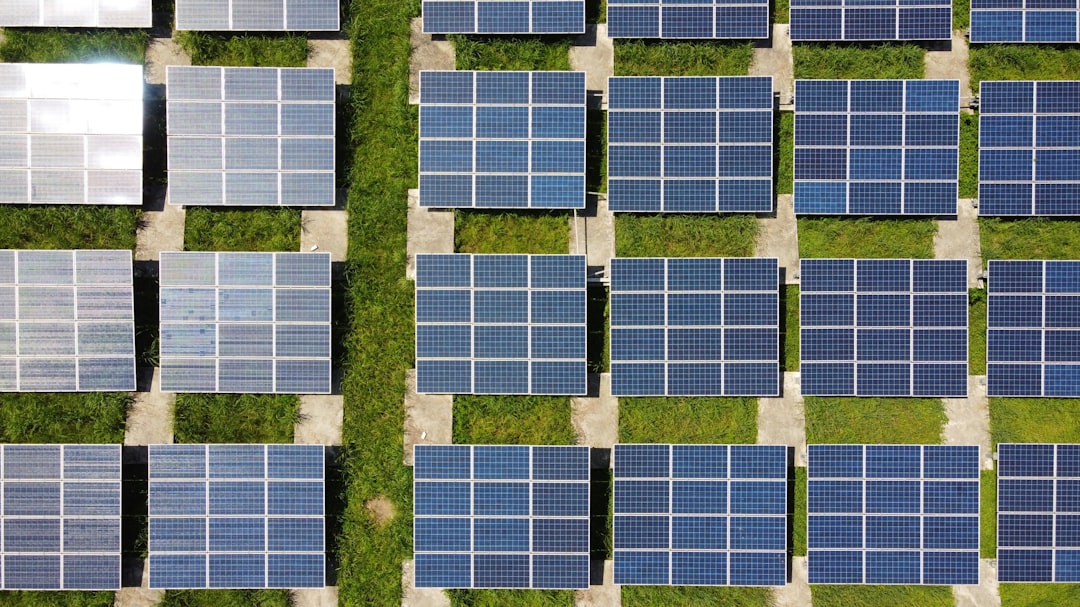The Benefits of Switching to Renewable Energy Sources
Switching to renewable energy sources has become increasingly important in today's world. As the effects of climate change become more apparent, it's crucial for individuals and businesses to consider the benefits of transitioning to renewable energy. From reducing carbon emissions to creating a more sustainable future, the advantages of renewable energy are numerous.
The Environmental Benefits
Renewable energy sources, such as solar, wind, and hydroelectric power, produce minimal to no greenhouse gases, unlike traditional fossil fuels. By utilizing these clean energy sources, we can significantly reduce our carbon footprint and mitigate the impact of climate change. Additionally, renewable energy helps to conserve natural resources and protect ecosystems from the harmful effects of pollution.
Cost-Effectiveness
While the initial investment in renewable energy infrastructure may seem daunting, the long-term cost savings are substantial. Solar panels, for example, can provide a reliable and affordable source of electricity for both residential and commercial properties. With advancements in technology, the cost of renewable energy systems continues to decrease, making it a financially viable option for many.
Energy Independence
By harnessing renewable energy sources, individuals and communities can reduce their reliance on imported fossil fuels. This not only enhances energy security but also reduces the vulnerability to price fluctuations in the global energy market. Furthermore, decentralized renewable energy systems empower local communities to take control of their energy production and consumption.
Job Creation and Economic Growth
The transition to renewable energy creates new employment opportunities and stimulates economic growth. The renewable energy sector offers a wide range of jobs, from manufacturing and installation to research and development. This shift towards clean energy also fosters innovation and entrepreneurship, driving investment in sustainable technologies.
Resilience and Reliability
Renewable energy sources are inherently more resilient and reliable than traditional energy sources. Solar and wind power, for instance, can be harnessed in diverse geographical locations, reducing the risk of centralized power outages. This decentralized approach to energy production enhances the overall stability and reliability of the grid.
Global Impact
Switching to renewable energy not only benefits individual communities but also contributes to the global effort to combat climate change. By reducing greenhouse gas emissions, renewable energy plays a crucial role in mitigating the adverse effects of climate change on a global scale. It sets a positive example for other nations and encourages the adoption of sustainable practices worldwide.
In conclusion, the benefits of transitioning to renewable energy sources are multifaceted and far-reaching. From environmental conservation to economic growth, the advantages are undeniable. Embracing renewable energy is not only a responsible choice for the present but also an investment in a cleaner, more sustainable future for generations to come.
```

